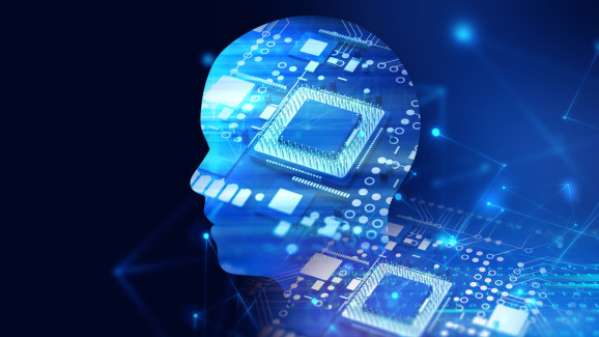AI Challenges Our Notion Of Work And Creates Opportunities

AI Challenges Our Notion Of Work And Creates Opportunities
The remarkable proliferation and enhancement in the area of technology domain including AI, Block chain has been so significant that many analysts are comparing it to the dawn of the industrial revolution.
History is a testimony to the fact that in the long run technology is a net creator of jobs, generating multitude of new jobs and unleashing demand for existing ones. While productivity sprouts, and then swells, the average real wages stagnates for decades, and then trumps productivity growth. This leads to a virtuous cycle of boosting demand, employment, upending incomes and more prosperity & leisure.
Creation always triumphs destruction
Machines will be competing for half of all employment opportunities. And the competition won’t be fair. A majority of the 10000 global businesses surveyed believe artificial intelligence and robotics will purge over 40% of existing jobs, impacting 60% of businesses by 2025.
Countries all around the world are already seeing a shift in labour market and experiencing shift in the kind of labour .Employment shifts can be difficult, causing appreciable (but) short-term labour displacement
India is behind the curve, but catching. Workers need to be ahead, modifying skills and learning new ones at an accelerating pace. Bill Gates echoed; three skills to survive the job market: science, engineering and economics.
History is comforting. Extrapolation is a ‘safe’ way to predict the future. The optimists are ‘counting’ on history. ‘If technology could really obliterate jobs, no one would have any work’. This has merit.
However the indication is that history may not repeat itself. While the effect and scope of disruption may be similar, the automation of this decade is likely to be direr, certainly more disruptive and expeditious.
A factor that may impact the job market is the velocity and rate of adoption on one hand and the ‘span’ of automation on the other. If they move in ‘parallel’ we have a bigger problem.
Artificial intelligence supports machines that exhibit human-level intelligence, and are capable of making informed decisions. Over the last decade these robots have reached an astonishingly accurate level of precision and, ready take over our jobs. They are efficient and effective.
Closer home, there are many careers at risk. While most are low- or mid-level, many, even in the ‘aspired’ professions such as medicine, business, and law are at threat.
The algorithm will replace the loan officer
The shift will be largely driven by technologies that digitize life and work, including verifiable digital identity, the cloud, digital payments, automation of knowledge work and the mobile internet.
The financial sector is a prime target. The industry is increasingly investing in the field of machine learning. The effect is already visible; tellers and accountants are no longer getting hired.
Then there is the health care sector. Doctors see artificial intelligence affecting their work as well. Robots have evolved, and are more efficient than professional radiologist or surgeons.
Law is another profession that is increasingly getting automated. The pace is accelerating. The tedious jobs involving browsing through boxes of paperwork and legal documents to identify some sort of pattern, or a break, in it is done better by machines.


